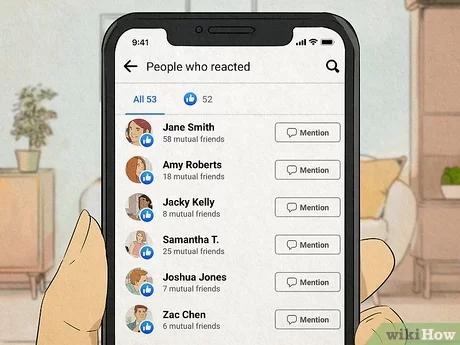How to Be Resourceful

Introduction:
In today’s fast-paced and ever-evolving world, being resourceful is of utmost importance. Resourcefulness is a valuable trait that can help you navigate challenging situations, solve problems effectively, and excel in both your professional and personal life. This article will delve into what resourcefulness means, why it is essential, and how you can develop this highly sought-after skill.
1. Understanding Resourcefulness
Resourcefulness is the ability to find efficient and effective ways of overcoming obstacles and solving problems. It involves being adaptative, creative, and utilizing all available resources to achieve your goals. Individuals who are resourceful demonstrate resilience, tenacity, and a positive attitude when faced with challenges.
2. The Importance of Being Resourceful
– Problem Solving: Resourceful people are excellent problem solvers as they can think on their feet and come up with innovative solutions.
– Adaptability: Resourcefulness enables you to adapt to different situations by finding new ways to achieve your objectives.
– Efficiency: Being resourceful allows you to make the most out of limited resources by maximizing their potential.
– Confidence: As you become more resourceful, you build confidence in your abilities to tackle challenges.
3. Tips for Developing Resourcefulness
a) Cultivate a Growth Mindset
A growth mindset is the belief that your abilities can improve through hard work, determination, and persistence. Embrace challenges as learning opportunities rather than viewing them as setbacks.
b) Broaden Your Knowledge
Learn about various fields, tools, technologies, or skills that can help you approach problems from different perspectives. A well-rounded knowledge base enables you to understand different contexts better and contribute ideas that may not be obvious.
c) Practice Creative Thinking
To become more resourceful, practice strengthening your creative thinking skills. Engage in activities that spark creativity or take up challenges that require innovation.
d) Network and Build Relationships
Developing a strong professional and personal network exposes you to new ideas, resources, and opportunities. Engaging with diverse individuals helps you to broaden your perspective and learn from the experiences of others.
e) Learn to Manage Resources Effectively
Resourceful individuals can identify the best ways of using available resources for maximum output. Assess your current resources and determine how they can be utilized to achieve your goals productively.
f) Embrace Failure as Learning Opportunities
Failure is an essential part of growth. Embrace setbacks as learning experiences instead of considering them as defeats. Reflect on what you have learned from these failures and use them as stepping stones to success.
g) Develop Resilience
Resilience is the ability to bounce back from setbacks and continue moving forward. Developing resilience helps you stay persistent even in the face of adversity.
Conclusion:
Resourcefulness is an indispensable skill in today’s world. By following these tips and continuously honing your resourcefulness, you will undoubtedly enhance your adaptability, problem-solving abilities, and overall success in both personal and professional aspects of your life. Embrace challenges with enthusiasm and watch yourself grow into the resourceful individual that others look up to.






